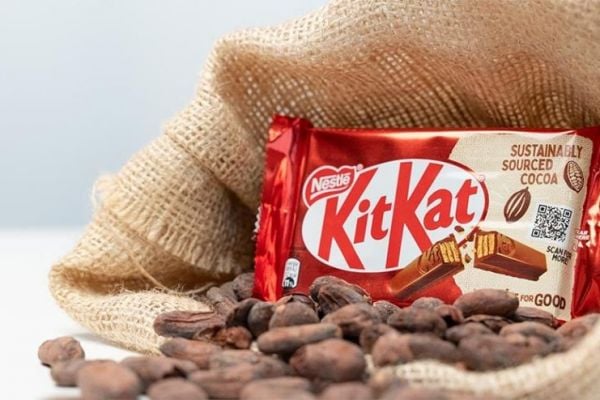Swiss food company Nestlé said it will be locally sourcing over 40% of raw materials for a new processing plant in South Africa to offset supply chain challenges and cut costs.
Nestlé opened a processing unit for its coffee brand Nescafe on Tuesday, at its factory in Hammanskraal near the capital, Pretoria, as it moves to tap into an increasing demand for coffee consumption in South Africa.
Nestlé had said last month that it was ramping up local raw material sourcing in Nigeria and other African countries to reduce foreign exchange exposure.
Power Cuts
Food producers in South Africa have been hit by a combination of long hours of power cuts forcing them to run expensive diesel generators and a massive slump in domestic currency making imports dearer.
Both issues are making the impact of higher food price inflation worse.
"Currently more than 40% of the raw material is locally sourced but you know the ambition," Carl Khoury, business executive officer at Nestlé East and Southern Africa Region, told Reuters.
The company's communications executive Mota Mota said the plant would aim to reach 90% local sourcing in "the immediate near future."
Nestlé, which runs five factories in South Africa, already produces Cremora coffee creamer and Maggi instant noodles, with the raw materials for both are heavily sourced locally.
Local Sourcing
Its localisation efforts would also help to reduce environmental impact caused by imports, create employment and cut down on time to reach consumers, the company said.
Nestlé saw an increased demand in the country since the COVID-19 pandemic, with around 75% of its revenues from east and southern Africa region coming from South Africa alone.
"Being close to the South African consumer means that we have a higher flexibility," Khoury said, adding it can quickly react to changing consumer trends.
Read More: South African Food Producers Warn Of Higher Prices As Infrastructure Crumbles











